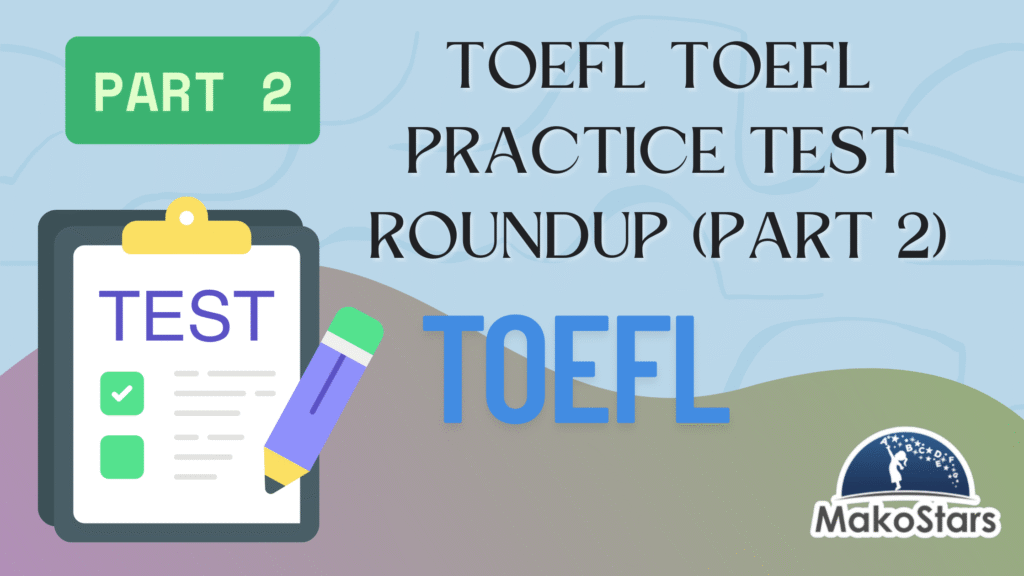How to Confidently Use English Phrases in Real-Life Situations
Table of Contents
Introduction
So you’ve memorized common expressions. You’re practicing every day. But when it comes to real-life conversations, you freeze. Don’t worry—you’re not alone. Knowing what to say is one thing. Knowing how to use English phrases confidently in the moment is another.
This blog shows you how to turn learning into action. It’s designed to build on what you’ve learned in these two popular posts:
Let’s look at simple, real ways to speak English with confidence in everyday life—whether you’re ordering coffee or starting a conversation at work.
1. Start with Low-Stress Situations
If you’re nervous about making mistakes, begin with short, simple interactions. These help you use everyday English expressions without the pressure of a long conversation.
Examples:
- “Hi, can I get a cappuccino, please?”
- “How much is this?”
- “Excuse me, where’s the nearest pharmacy?”

These situations are predictable, and that makes them perfect for safe practice.
2. Create Your Own Real-Life Scenarios
Think about where you use English—shopping, commuting, socialising—and write short dialogues.
Example:
You: Hi, I’d like to order the chicken wrap, please.
Waiter: Anything to drink?
You: Just water, thanks.
This builds muscle memory and makes using English feel more natural.
3. Turn Passive Learning into Active Speaking
Passive learning (reading, listening) helps, but it won’t improve your speech unless you speak too.
Try:
- Shadowing: Repeat what you hear immediately.
- Self-talk: Narrate your day aloud.
- Recording: Practice mock conversations and review them.
This turns input into output—critical for real-life English conversations.
4. Use Language Exchange or Speaking Apps
Use apps like Tandem, HelloTalk, or Speaky to practise with others.
Tips:
- Don’t aim for perfect grammar—aim to be understood.
- Use 2–3 phrases from your phrase list in each session.
- Ask your partner to correct you kindly.

You’ll improve English fluency faster when you practice with people.
5. Make Phrases Part of Your Daily Routine
Pick 5–10 useful expressions and repeat them daily.
Examples:
- “Let me think about it.”
- “I’m not sure.”
- “What do you recommend?”
These everyday English expressions will soon come naturally when you need them.
6. Practice With TV, Podcasts, and Subtitles
Watch English content with subtitles. Repeat the phrases out loud.
Focus on:
- Intonation and tone
- How native speakers link words
- Filler words like “so” and “actually”
Use one new phrase in a real conversation that day.
7. Try Role-Play With a Friend or Tutor
Role-play everyday tasks like:
- Booking a hotel
- Making a doctor’s appointment
- Asking for help in a store
These low-stakes simulations help you speak English with confidence before doing it for real.
8. Don’t Fear Mistakes—Embrace Them
Everyone makes mistakes. They’re part of learning.
Keep going even if:
- You mix up tenses
- You forget a word
- You say something awkward
Confidence comes from effort, not perfection.

9. Track Your Progress and Celebrate Wins
Keep a small journal:
- Phrases you used
- Mistakes you made and what you learned
- Times you felt more fluent
This encourages consistency and highlights progress over time.
10. Combine Learning + Practice for Best Results
Don’t just study. Use English in everyday situations:
- At work
- On the phone
- At the store
11. Use English in Real-Life Errands
Practice English while doing errands:
- Ask questions at a shop
- Chat briefly in a queue
- Call customer support
Small moments = real practice.
12. Join Local English Meetups or Events
Look for:
- Conversation clubs
- English social events
- Online language meetups
These offer real, low-pressure ways to practice real-life English conversations and meet others with similar goals.

13. Use the “Ask + Repeat + Respond” Technique
A simple way to keep a conversation going:
- Ask a question
- Repeat part of their answer
- Add your own comment
This lets you listen, understand, and reply naturally.
14. Review and Refresh Older Phrases
Go back to old notes, apps, or vocabulary lists. Relearn forgotten phrases and commit to using them again this week.
FAQ: Using English in Everyday Life
Q: What if I have no one to practice with?
A: Talk to yourself in the mirror or record voice notes.
Q: I forget what to say when I’m nervous. Help?
A: Memorise 3–4 fallback phrases like:
- “I didn’t catch that.”
- “Can you say that again?”
- “I’m still learning—thanks for being patient.”
Q: Is it okay to make grammar mistakes?
A: Yes! Fluency comes from trying, not from being perfect.
Final Thoughts
Learning how to use English phrases isn’t about speaking perfectly. It’s about showing up and trying.
Use what you’ve learned today to:
- Speak more often
- Take small risks
- Build real confidence
Your English doesn’t need to be perfect. It just needs to be used.





![12 Basic Grammar Rules to Write Like a Pro [2025 Guide]](https://englishlearninghub.online/wp-content/uploads/2025/07/12-Basic-Grammar-Rules-to-Write-Like-a-Pro-2025-Guide-1024x576.png)


